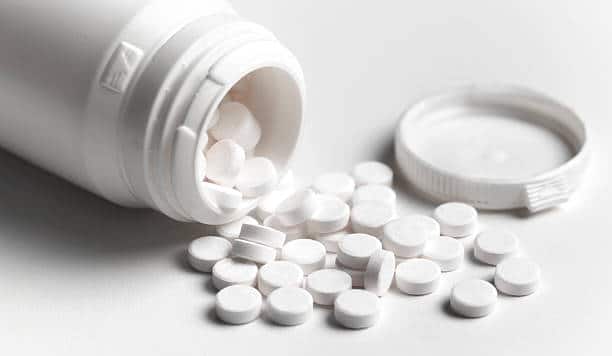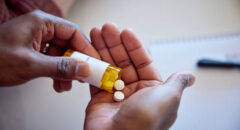
People with hepatitis B or C are at greater risk for liver cancer, but a low-dose aspirin a day might significantly lower that risk, a new study suggests.
Over a median of nearly eight years of follow-up, 4% of those taking low-dose aspirin developed liver cancer, compared with 8.3% of those not taking the drug, researchers found.
RELATED: Aspirin & Your Heart: Should You Or Shouldn’t You?
How does aspirin lower liver cancer risk?
“It’s not clear how aspirin works to prevent liver cancer,” says lead researcher Dr. Tracey Simon, an instructor at Harvard Medical School in Boston.
Simon cautions that this study cannot prove that aspirin prevents liver cancer. Only an association was seen in the study.
But “aspirin may have anti-inflammatory properties that extend beyond its cardiovascular protective effects,” she suggests.
In other studies, aspirin has been linked to less liver fat, inflammation and scar tissue, Simon adds. All of these are signs of potential liver disease, including cancer. “Aspirin stops or delays the progression of liver disease,” she adds.
Still, Simon says that although the findings are promising, they’re not definitive, and no one should start taking aspirin in the hopes of preventing liver cancer.
“What we really need is a randomized clinical trial in order to say to patients that this would give them benefit without causing harm,” she shares.
For the study, Simon and her colleagues used Swedish registries to identify more than 50,000 people with hepatitis B and C who were not taking low-dose aspirin, and more than 14,000 who were. Those taking aspirin were doing so to prevent heart attacks and strokes.
Aspirin users were found to have lower liver cancer risk. The researchers also found that the longer someone took aspirin, the greater the








